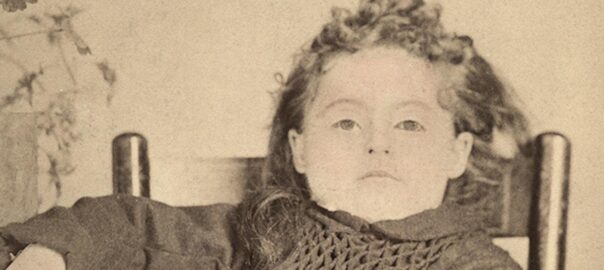A doctor is called to the home of a poor, immigrant family to treat their daughter. However, she won’t comply.
William-Carlos-Williams_The-Use-of-ForceWilliams, The Use of Force short story
Williams, The User of Force short story (with annotations)
Vocabulary Games
Questions to explore:
- The Doctor describes his battle with Mathilda and her parents as a “social necessity.” Do doctors need to use force sometimes to do what’s best for their patients? Do you think the Doctor handled the situation in the best way?
- Why is the Doctor so resistant to being called “a nice man”?
- Do you think the Doctor is a nice man? Why or why not?
- What do you think about the recurrence of shame in the story (the parents’ shame about Mathilda’s behavior, and the Doctor’s shame that he cannot get her to do what he says)? What does this say about the characters?
- What do you make of the role of gender in this story? How do the male characters act in contrast with and in relation to the female characters?
- What do you think of the Doctor’s interactions with Mathilda?
- Why does the Doctor call Mathilda “unusually attractive” and admit he “had already fallen in love with the savage brat”? What kind of relationship does this imply?

Very interesting story. It portrays some difficulties doctors face especially with children. It also focuses on the brutal force the doctor used while examining the patient. Considering the age of the patient, the doctor should have stopped the examination when the patient started bleeding. Also, there are other ways the examination could have been performed without the need of brutality like Ultrasound etc.
Vertigo by Karel Capek was a fascinating story to read. After I finished reading it, I was struck with many questions. I was curious about how reliable the narrator was. Because the narrator was going off of memory and was not physically present when the story took place, how reliable is he as our storyteller? A second question I had was about the ending. How did Gierke die? Was it suicide? Did the wife murder him? Did the doctor really cure him? Perhaps not. Some of the best stories are the ones that pique our curiosity as a reader and allow us to use our imagination to create an ending. Whereas sometimes, ambiguity in a text can be frustrating, I think it progresses this story in a satisfying way. I think part of this story’s charm comes from the questions that are raised by the writer.